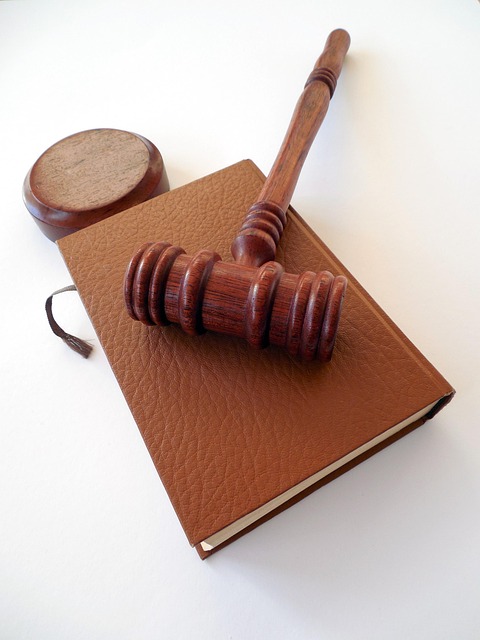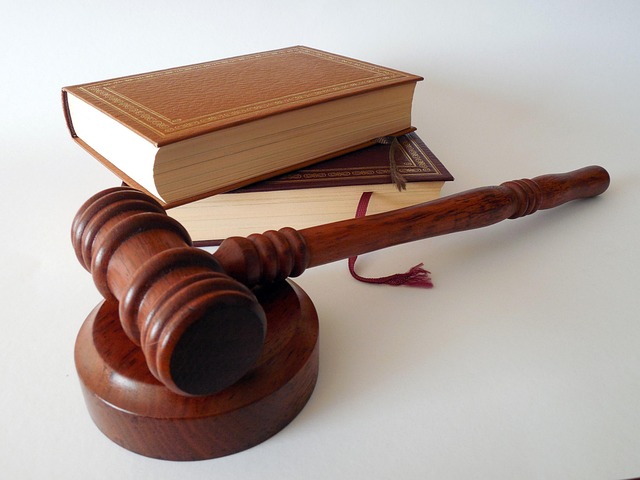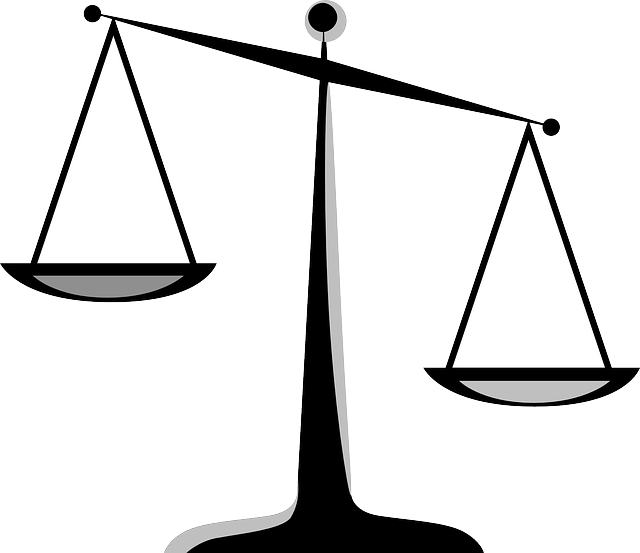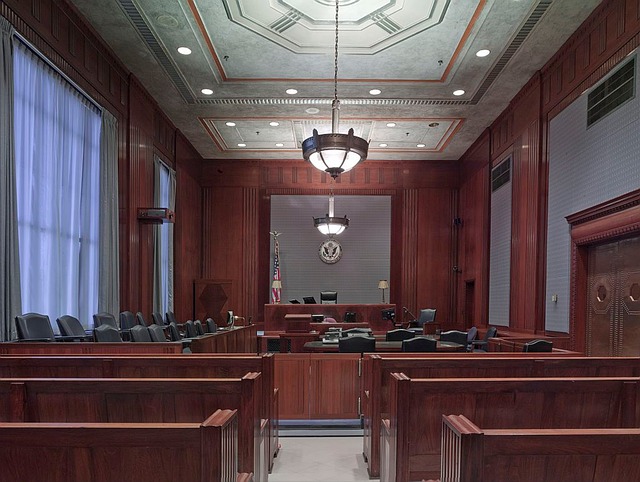The Criminal Procedure Timeline from Arrest to Trial is a critical aspect of legal battles, particularly for serious charges. It begins with arrest, booking, and bail hearings, followed by preliminary hearings and indictment, each with specific legal rules. Effective case management during this period is key to favorable outcomes. Understanding this timeline, rights, and protections (like the right to remain silent and access to an attorney) is vital for both accused individuals and their attorneys, especially in healthcare-related cases. Navigating this complex process can lead to acquittal, conviction, or mistrial, with post-trial motions available for review. For white-collar crimes, strategic legal representation by a specialized defense attorney is crucial throughout this timeline.
In the intricate world of healthcare, legal issues can arise from seemingly mundane events. This article delves into the critical aspect of criminal procedure, specifically focusing on the timeline from arrest to trial. We explore each procedural step, including initial detention, pre-trial preparation, and the rights of the accused. Understanding these legal protections is essential for both healthcare professionals and individuals facing charges. By navigating the courtroom’s intricacies, we aim to provide clarity on potential outcomes and available legal resources in this complex landscape.
- Understanding Criminal Procedure: The Legal Process After Arrest
- Timeline of Events: From Initial Detention to Pre-Trial Preparation
- Rights of the Accused: Legal Protections During Investigation and Charges
- Navigating the Courtroom: Procedural Steps Leading Up to Trial
- Post-Trial Considerations: Potential Outcomes and Legal Recourses
Understanding Criminal Procedure: The Legal Process After Arrest

After an arrest, understanding the criminal procedure timeline is crucial for anyone involved in a high-stakes case. The process begins with booking and bail hearings, where individuals are informed of the charges against them. This initial stage sets the legal framework for what follows, impacting potential defenses available to the accused. In many jurisdictions across the country, this phase can significantly influence the outcome of general criminal defense strategies.
The timeline then progresses to preliminary hearings, grand juries, and indictment, with each step having its own set of legal rules and deadlines. The period between arrest and trial is a complex web of procedural moves and counter-moves, requiring meticulous navigation by both prosecution and defense. Effective case management during this period can make all the difference in outcomes, especially for those facing serious criminal charges.
Timeline of Events: From Initial Detention to Pre-Trial Preparation

The journey from initial detention to pre-trial preparation is a critical phase in the criminal procedure timeline from arrest to trial. This period begins with the moment a person is taken into custody, where law enforcement officers conduct an assessment and gather evidence. The suspect’s rights are read to them, ensuring due process is followed. From this point, the clock starts ticking, with both the prosecution and defense having specific time frames to file charges, submit evidence, and prepare their cases. This timeline is crucial as it dictates the pace of the entire legal process.
In this phase, accused individuals often engage in strategic planning for their defense. They consult with attorneys who guide them through potential challenges, including navigating complex laws and regulations. The defense team collects and analyzes evidence, interviews witnesses, and develops theories that will be presented in court. This preparation is pivotal as it sets the stage for building a strong case, whether negotiating a plea bargain or aiming for a winning challenging defense verdict, ultimately fostering fairness within the philanthropic and political communities for his clients.
Rights of the Accused: Legal Protections During Investigation and Charges

In the realm of healthcare legal issues, understanding the rights of the accused is paramount, especially during the critical stages of investigation and charges. The criminal procedure timeline from arrest to trial involves a series of legal protections designed to safeguard individuals facing allegations. These include the right to remain silent, access to an attorney, and reasonable bail or bond, ensuring that the accused can prepare their defense without undue haste or pressure.
An unprecedented track record of due process is essential to avoid indictment and ensure fairness. The accused’s ability to confront witnesses, present evidence, and have a trial by jury remains a cornerstone of justice. Moreover, throughout this process, it’s crucial for individuals to seek legal counsel who can guide them through the labyrinthine criminal justice system, aiming to protect their rights and minimize potential consequences while navigating the complexities of healthcare-related charges.
Navigating the Courtroom: Procedural Steps Leading Up to Trial

Navigating the courtroom involves a complex dance, especially for those unfamiliar with the legal system. Understanding the procedural steps leading up to trial is crucial for anyone involved in a criminal case. The journey begins from the moment of arrest, marking the initiation of a general criminal defense strategy. This initial phase sets the stage for the entire process, where suspects are informed of their rights and the charges against them.
The timeline then progresses through various stages: from preliminary hearings to pretrial motions, where both parties present their respective arguments and evidence. This period is critical as it determines admissibility and shapes the case’s trajectory. The culmination of these steps leads to either a plea bargain or a trial by jury, where the fate of the accused is decided based on the evidence presented and the interpretation of laws by the court.
Post-Trial Considerations: Potential Outcomes and Legal Recourses

After a trial, various outcomes are possible. Depending on the evidence presented and the judge or jury’s interpretation, the accused may be acquitted (found not guilty), convicted (found guilty), or a mistrial declared (the case is inconclusive). For those found guilty, there are several legal recourses available. Post-trial motions can be filed to challenge the verdict, seeking a new trial based on evidentiary errors, procedural mistakes, or insufficient evidence.
In cases involving white-collar crimes, complex financial frauds, or corporate misconduct, a strategic approach is crucial. A respected white-collar defense attorney can navigate these intricate legal landscapes, ensuring that all options are explored and the respective business interests of their client are protected throughout the criminal procedure timeline from arrest to trial.
Understanding healthcare legal issues, particularly the criminal procedure timeline from arrest to trial, is essential for both accused individuals and legal professionals. By navigating the intricacies of each stage—from initial detention to post-trial considerations—one can ensure that rights are protected and justice is served. This comprehensive guide provides a solid foundation for comprehending complex legal processes, ultimately fostering informed decisions and strategic planning throughout the criminal procedure journey.






